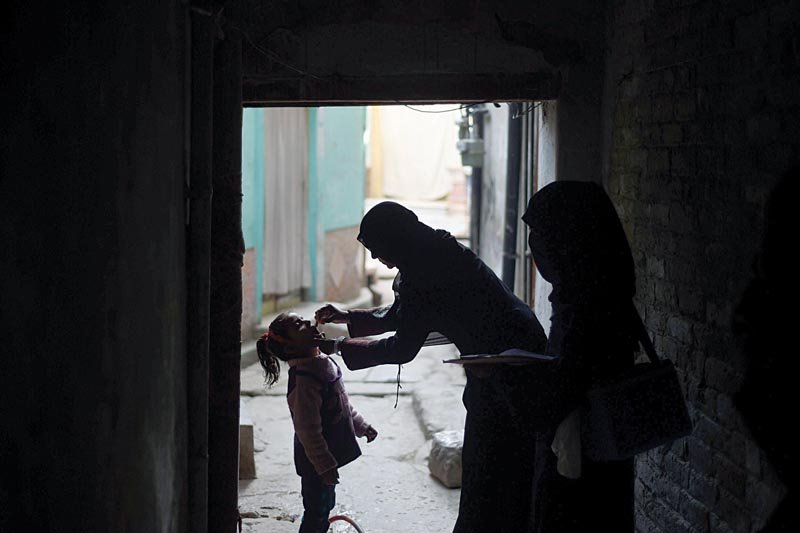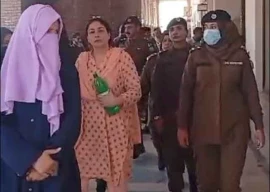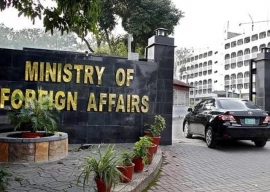
An official of the health department confirmed to The Express Tribune the presence of polio virus in sewage that, according to him, may lead to spread of the crippling disease. The refusals are a major hurdle in reaching out to all the children in the area, he added.
At least 35 refusals were reported in localities where people from tribal areas, Khyber-Pakhtunkhwa, Murree and Kashmir are settled. Polio teams carrying out vaccination drive in Pirwadhai, Fauji Colony, Dhok Hassu, Faizabad, and Sadiqabad, complained of ‘uncooperative behaviour’ from residents.
“We recorded 35 cases of refusal, mostly from Kashmir and tribal areas,” said a member of the vaccination team, who wished not be named.
He further stated that around 80 to 85 refusals are reported annually out of which 25 are permanent and have never inoculated their children.
The official revealed that parents mostly illiterate are suspicion about polio vaccination who question the role of the polio teams.
“They ask us why campaigns are launched every few weeks. They often consider us spy and believe the polio vaccine in haram (forbidden),” he said adding that in case of encountering refusals they often complain to the elders of the locality and try to taking them on board.
Besides, the teams feel insecure. A team member in Sadiqabad said that despite adequate security cover, they still feel insecure and at risk of being attacked any time. “Polio workers are the prime target of terrorists. If they can target one in Faisalabad, they can target us everywhere,” he said, adding that peoples’ attitude makes the drive worse.
A woman volunteer said that they try their best to avoid getting into a difficult situation and leave it for the police to handle if someone tries to get into an argument.
When contacted, EDO (health) Dr Khalid Randhawa said that refusals were a routine matter. “We encounter refusals and cover it after completion vaccination drives,” he said.
He also confirmed the presence of polio virus in sewage, saying that people who came from tribal areas and Khyber-Pakhtunkhwa might have been carriers. He said it was due to this reason the health department was forced to launch repeated drives to eliminate the virus.
Published in The Express Tribune, January 7th, 2014.











































COMMENTS
Comments are moderated and generally will be posted if they are on-topic and not abusive.
For more information, please see our Comments FAQ